Michigan lawmakers caused quite a stir last autumn when they passed what might be the most strict anti-Tesla legislation in the country, banning both Tesla Motors’ direct-to-consumer sales through factory-owned stores, as well as prohibiting any future non-store “galleries” in the state.
The FTC, which had previously gone on the record as calling such anti-Tesla legislation “anti-competitive,” has weighed in on Michigan’s new policy a second time.
The website Michigan Capitol Confidential reports that the Federal Trade Commission expounded upon their stance in a response to Michigan Republican lawmaker Darwin Booher. Sen. Booher introduced legislation this year which would allow autocycle manufacturers to sell directly to consumers, without having to go through a third-party franchise like most makers of motor vehicles. Booher wrote to the FTC asking for input as to whether the body felt that the bill promoted or hindered fair competition, and whether it might benefit consumers.
The FTC responded, saying that the office felt the bill would promote competition and benefit the consumer. But then, their response took things a bit further, again decrying Michigan’s anti-Tesla legislation. The FTC wrote:
“In our view, current provisions operate as a special protection for dealers — a protection that is likely harming both competition and consumers. We therefore appreciate this opportunity to provide our views as to the probable impact of the proposed legislation on competition and consumers.”
Their response continued: “FTC staff offer no opinion on whether automobile distribution through independent dealerships is superior or inferior to direct distribution by manufacturers. Rather, staff’s principal observation is that consumers are the ones best situated to choose for themselves both the vehicles they want to buy and how they want to buy them.”
Automakers and dealerships alike rallied behind Michigan’s anti-Tesla bill last autumn, claiming that allowing Tesla Motors to operate its own stores without adhering to the classic dealership model both afforded the electric car company an unfair market advantage, and was simultaneously detrimental to consumer rights. Tesla Motors would have a monopoly on its own vehicle pricing, sales, and service, they argued. Opponents of the bill were quick to point out that the state’s existing ban on factory stores was intended to prevent unfair competition between manufacturer and dealer, and that attempting to force Tesla Motors to contract with dealers is perhaps an unfair restriction on a still-up-and-coming challenger to Detroit’s Big Three.

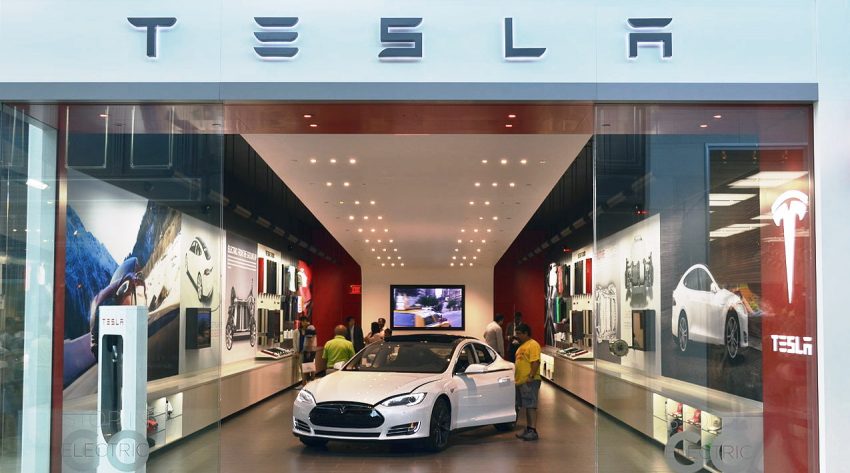

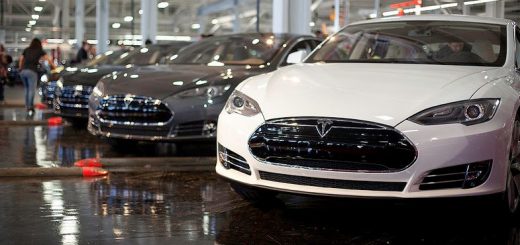
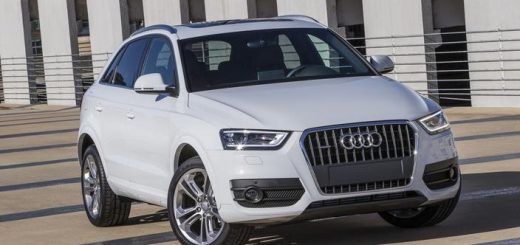
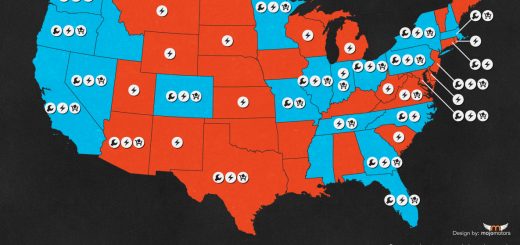
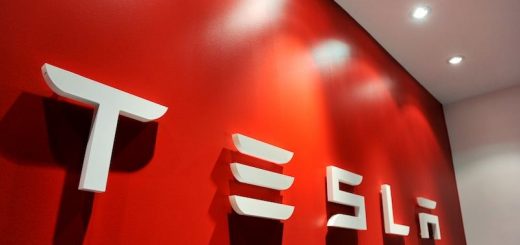
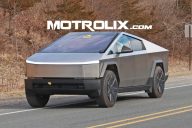
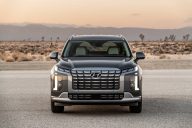

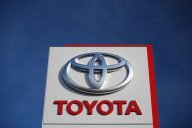


No Comments yet